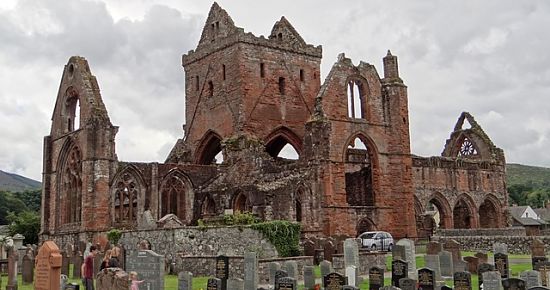The fundamental thesis at work in Theresa Latini’s new book, The Church and the Crisis of Community: A Practical Theology of Small-Group Ministry, is this: “The crisis of community [in late modernity] is a wide-open door for the church’s ministry in the world” (93). In other words, the crack-up of community we have witnessed over the last century or so creates massive space for the church to step in with a theology that expresses community: that is, a theology of koinonia.
 Latini’s study has a splendid sketch of a theology of koinonia through Karl Barth, and it all begins with God:
Latini’s study has a splendid sketch of a theology of koinonia through Karl Barth, and it all begins with God:
Koinonia is multidemensional. It is comprised of five interlocking relationships:
1. The koinonia within the Trinity.
2. The koinonia of the incarnate Son, Jesus Christ [divinity and humanity];
3. The koinonia between Christ and the church [participation in the Son’s koinonia as totus christus and the Body of Christ];
4. The koinonia among church members [communion of the saints of all ages, past, present and future];
5. The koinonia between the church and the world: the church is in, with and for the world.
But the problem here is that it takes two to have koinonia; in fact, it takes a community to form a genuine koinonia, and this means the problem is severe in modernity because modernity works against a koinonia. So, where do we begin? Do you think small groups can be the fertile ground for a re-establishment of a koinonia?
In my estimation, this is a powerful, powerful theology of small groups, and establishes an ontology for small groups as a countercultural koinonia that forms an alternative, prophetic critique of modernity and a genuine community for those in Christ.
So much of modernity’s break-up of community can be answered in the koinonia: the extreme time-space distantiation of modernity is both glimpsed in the communion of the saints but also transcended in a timeless koinonia; the facelessness of modernity is countered in the church with the ontological and undeniable of koinonia in the church; the riskiness of modernity is both experienced in the church and transcended in a secure koinonia in Christ.











